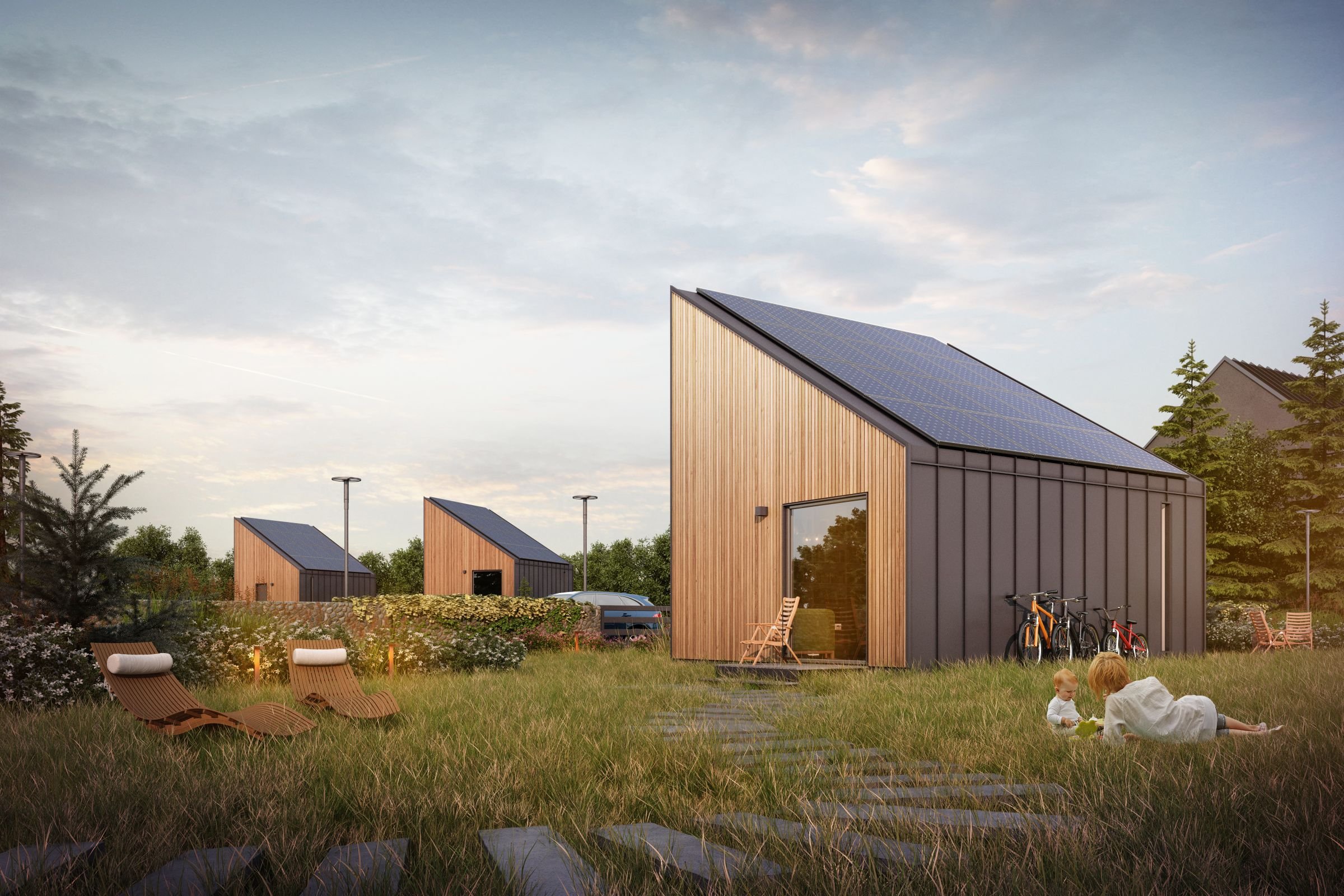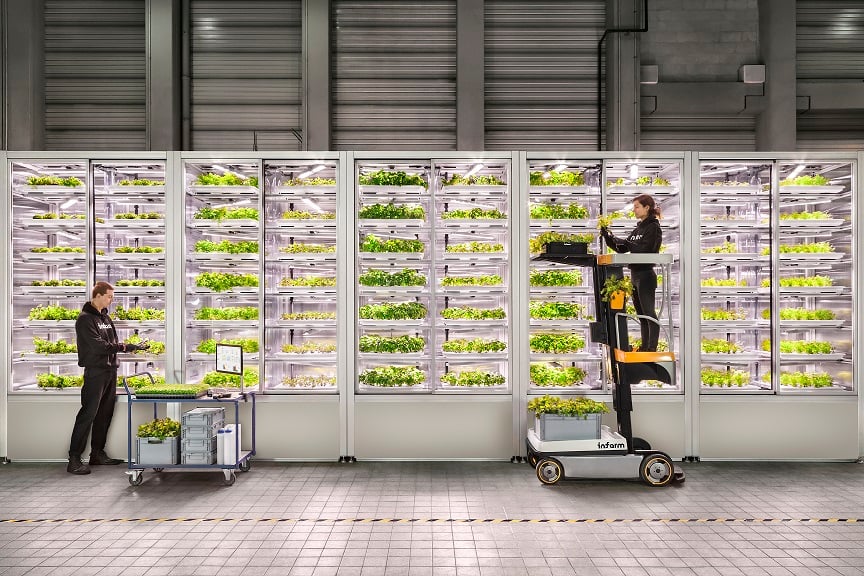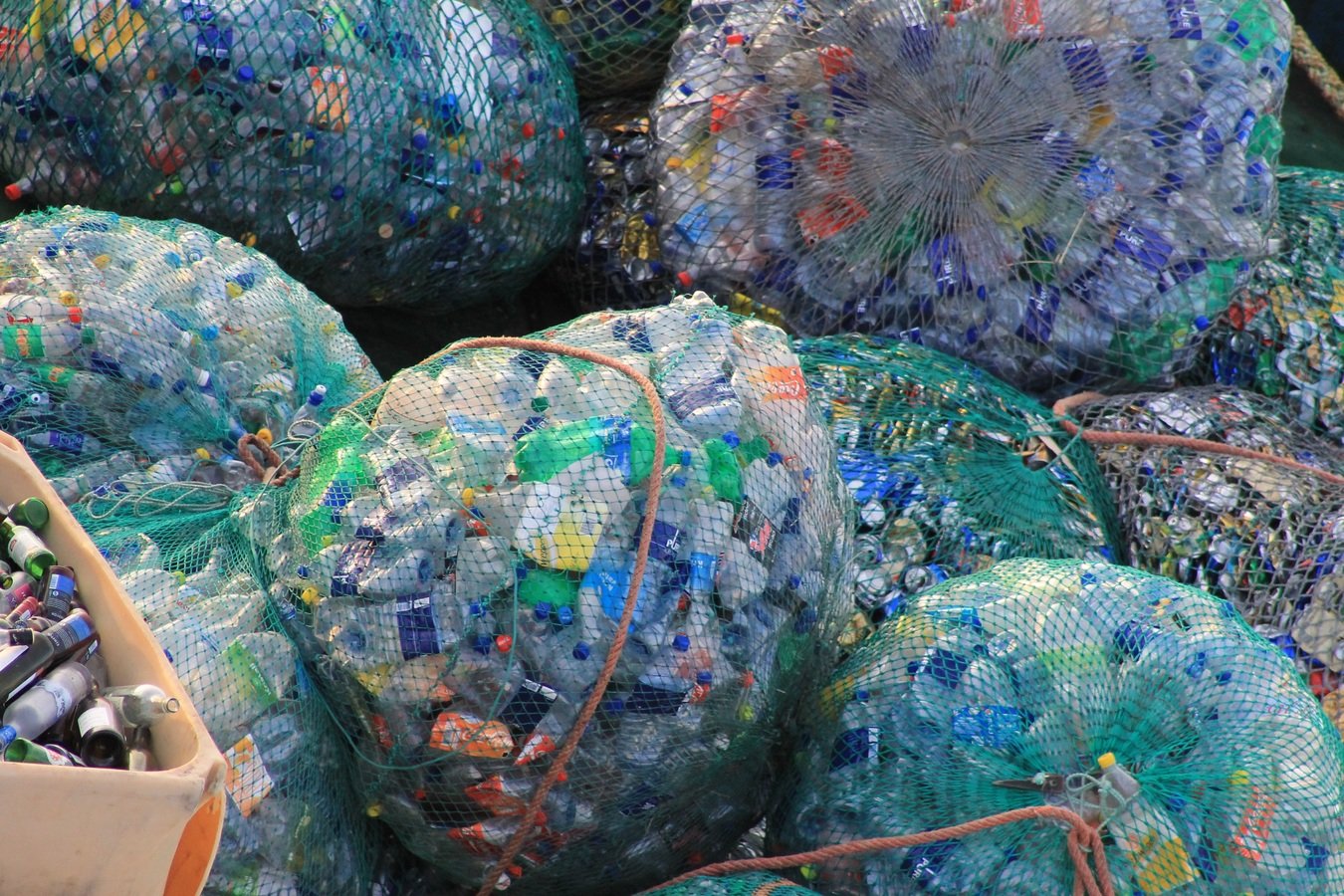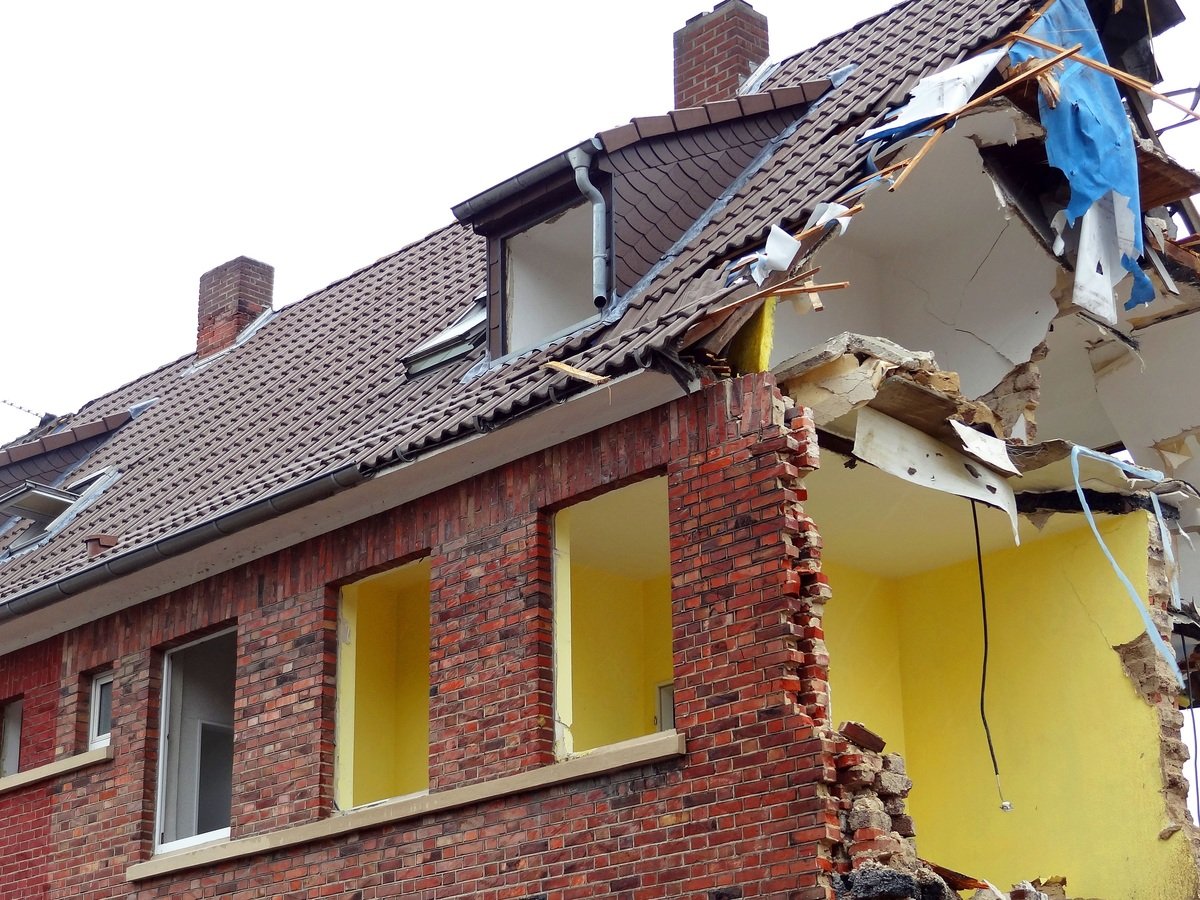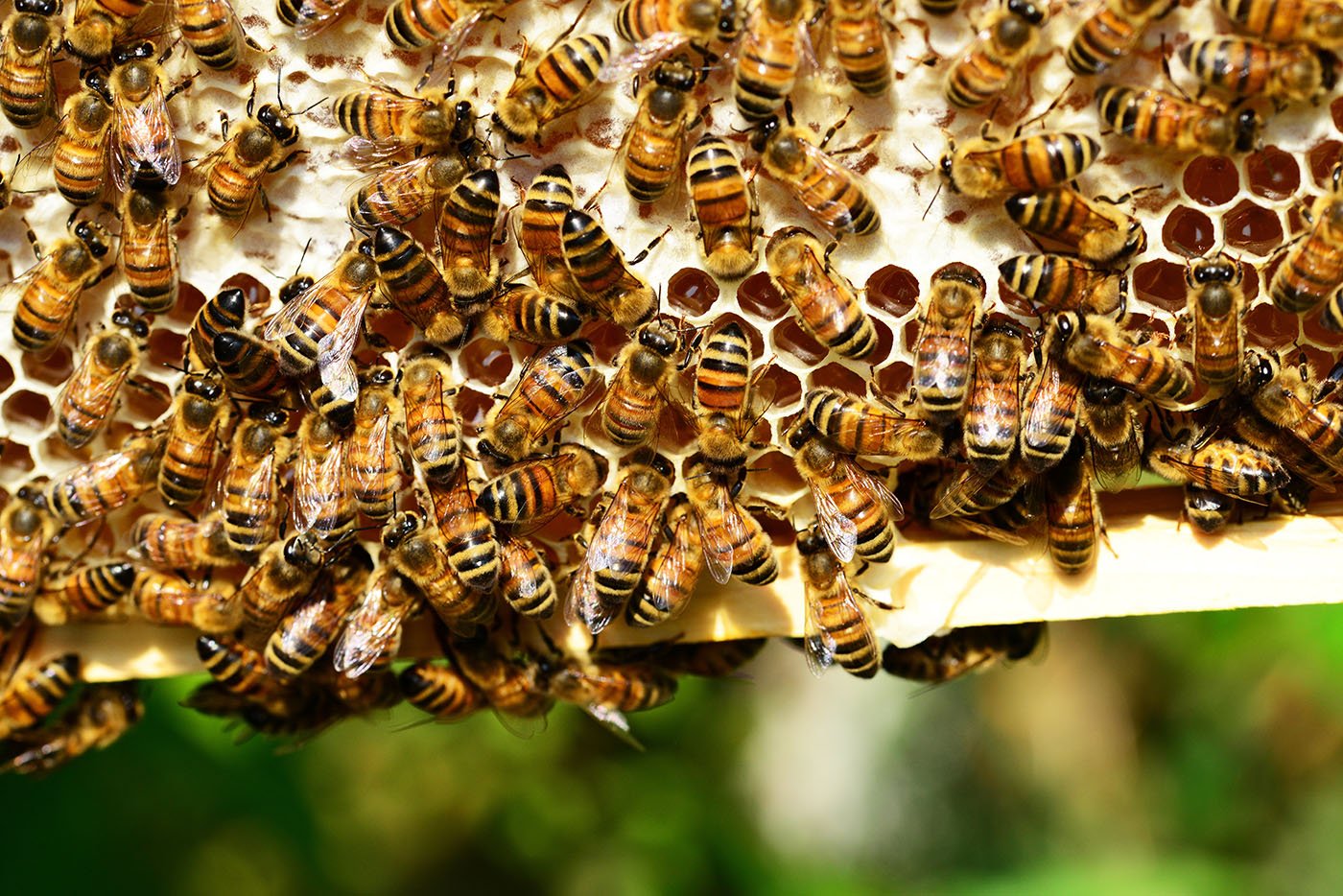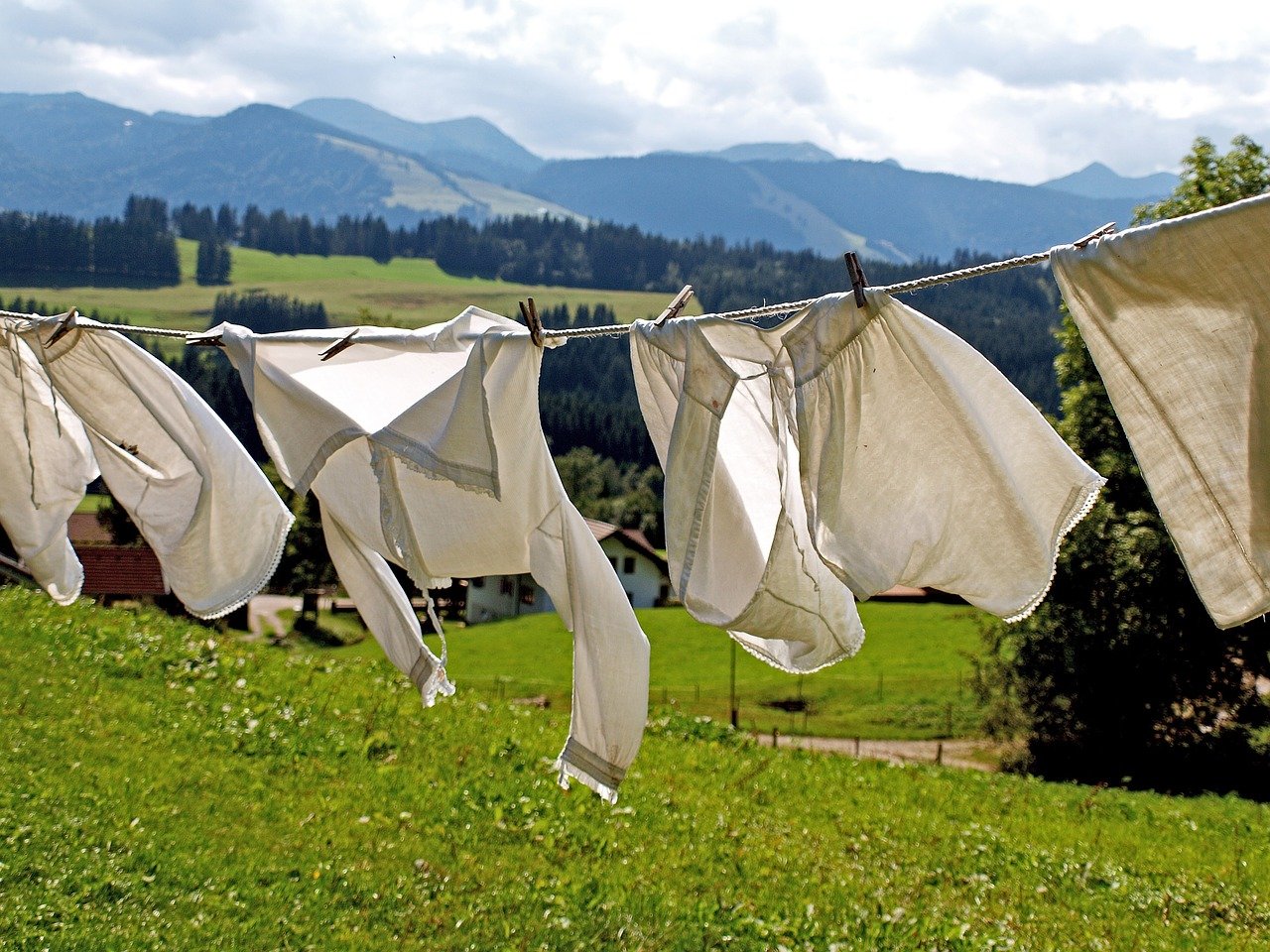Flat-pack homes and profit-sharing retrofits are making sustainable housing affordable
Wealth-generating, flat-pack solar houses and a profit-sharing scheme that incentivises retrofitting are bringing sustainable living to people who would otherwise not be able to afford it. ‘One of the biggest problems that we see right now is (the creation of) a big gap between the lower and the middle classes. Everyone is talking about this … Read more

